Sargassum washing up on the shores of the Mexican Caribbean is a naturally occurring phenomenon that has gotten worse in recent years and this year has been one of the worst, which is why Cancun hotels want to see government action, as the collection ships that have been promised to deal with the issue have yet to be delivered. A total of 11 ships were promised but so far only three have actually been put into operation to deal with the sargassum. And despite the fact that a task force has been formed to address the problem, little has been done to really deal with it.
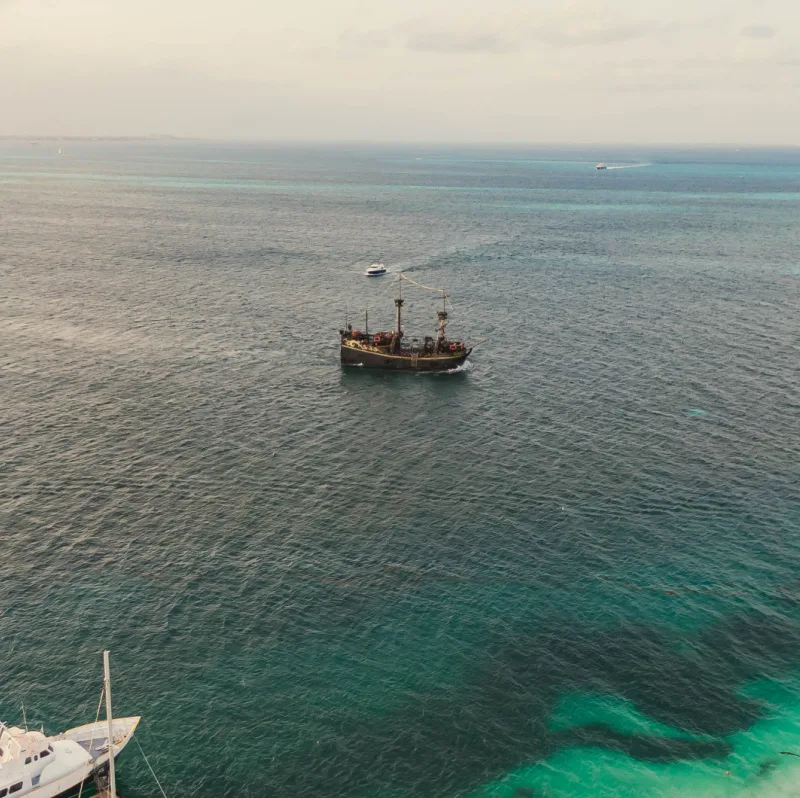
The task force that was formed earlier this year is made up of researchers, scientists, members of the Navy, and government officials who are all tasked with the responsibility of coming up with new ways to combat the sargassum. They are researching ways to detect it well before it reaches the shore, how to prevent it from making it to the coast, and more efficient ways of collecting it once it makes it to the beaches. One solution is to use naval ships to collect sargassum while it is still out to sea. This method has been used in the past and is currently being used, but until it can be implemented on a wider basis it will fail to keep up with the incoming sargassum.
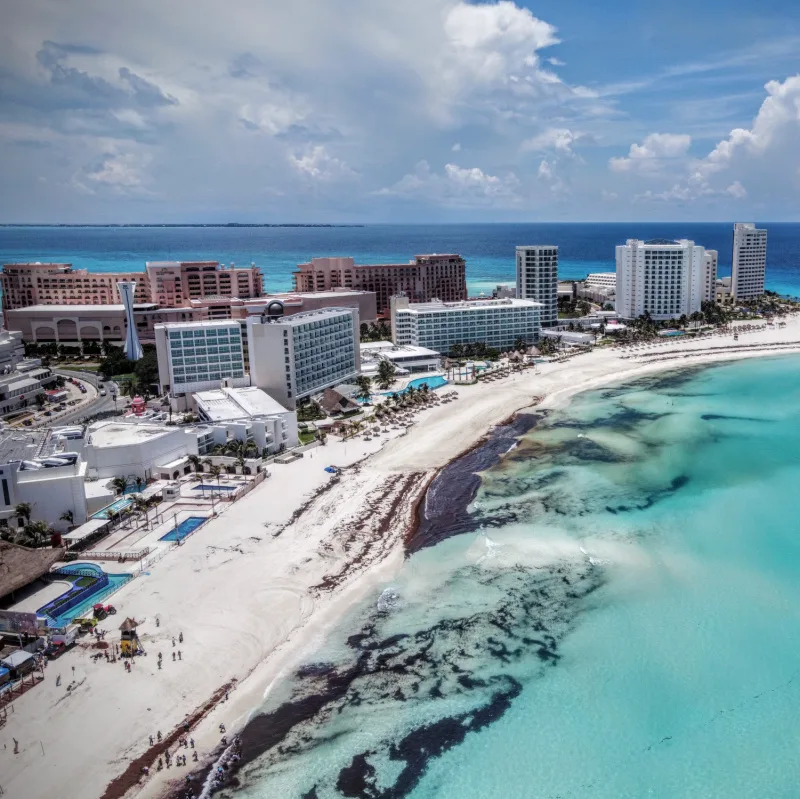
This is what led Jesús Almaguer, president of the Association of Hotels of Cancun, Puerto Morelos, and Isla Mujeres, to demand more action. In his plea for the government to do more he stated that “The federal government has the capacity to attend to sargasso, that’s why I ask you to comply with what they promised to bring the sargasses, they said they had eleven but according to a confirmed report that we have only three, so where are the missing eight.”
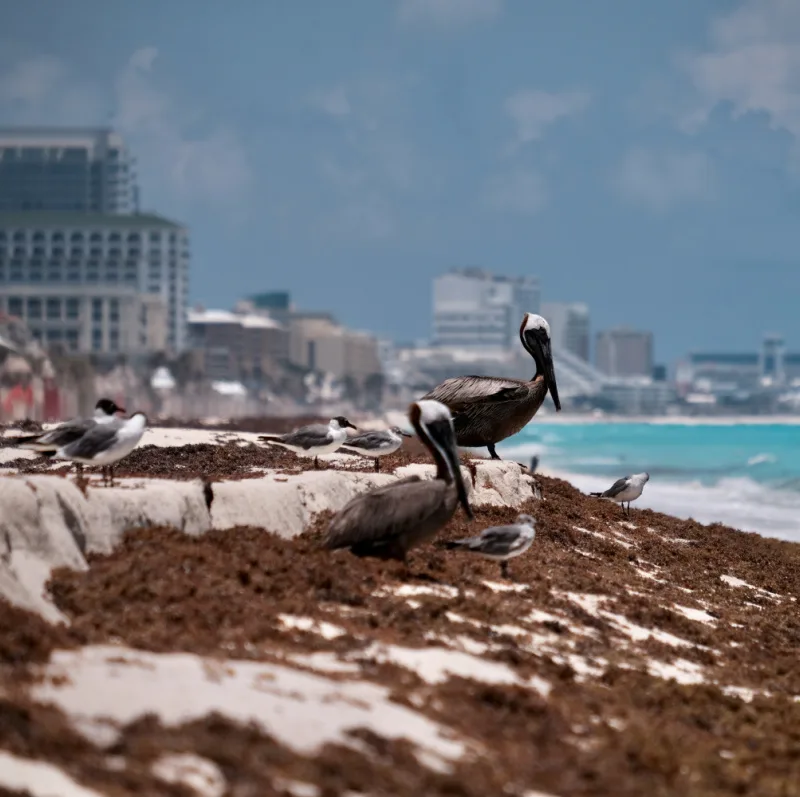
Almaguer has indicated that he believes the government is hoping that the changing weather conditions will eventually solve the problem and that the seaweed will stop coming. But hotel owners are concerned that it is inevitable that some tourists are going to be turned off by having to share the beaches with the sargassum indefinitely. Furthermore, even if the problem solves itself this year, it is going to come back next year.
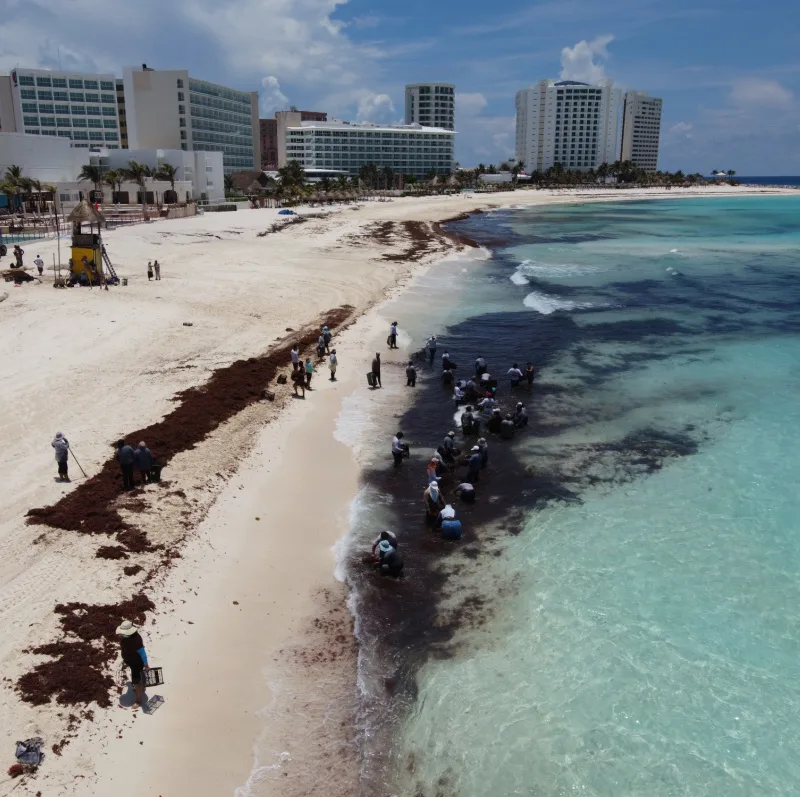
Sargassum is a seaweed that collects in the Atlantic Ocean to form what is called the Sargassum Sea. Huge amounts of it will break away and head south from where it sits and then enter the Gulf of Mexico through the Yucatán Strait. While some years are worse than others, the problem is overall bigger than it was a decade ago.
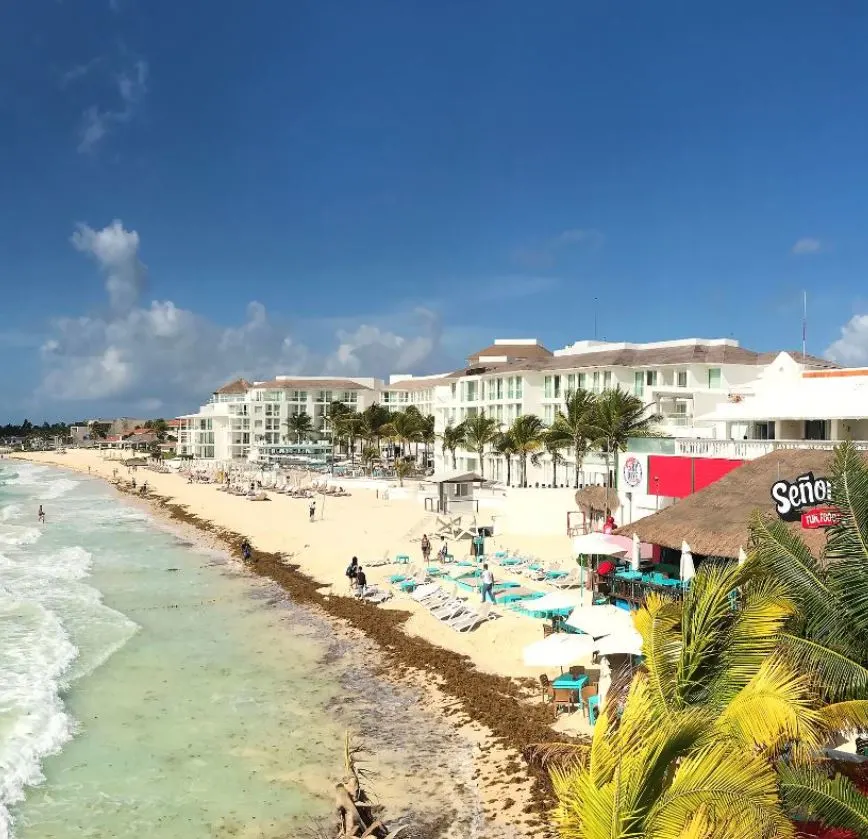
While sargassum poses no danger to tourists it does cause problems for the area’s ecosystem, interfering with certain important biological processes. It also emits a very unpleasant smell when it begins to decompose on the beaches that so many tourists from all over the world come to enjoy. Furthermore, it also brings with it little sand fleas that do bite those that get close enough to it.
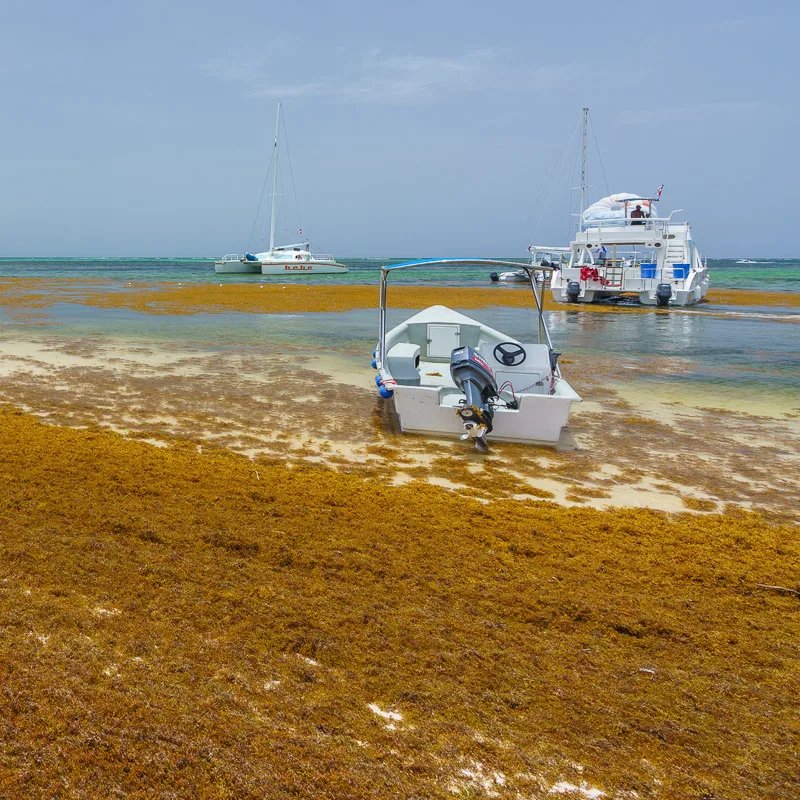
Cancun’s beaches are some of the most beautiful in the world and the excessive amount of sargassum washing up is detracting from that beauty. Hotel owners and managers worry that the presence of it will start to deter travelers from making Cancun their vacation destination if the problem cannot be solved. In a city that greatly depends on tourism, this is a big problem as far as tourism industry leaders are concerned.
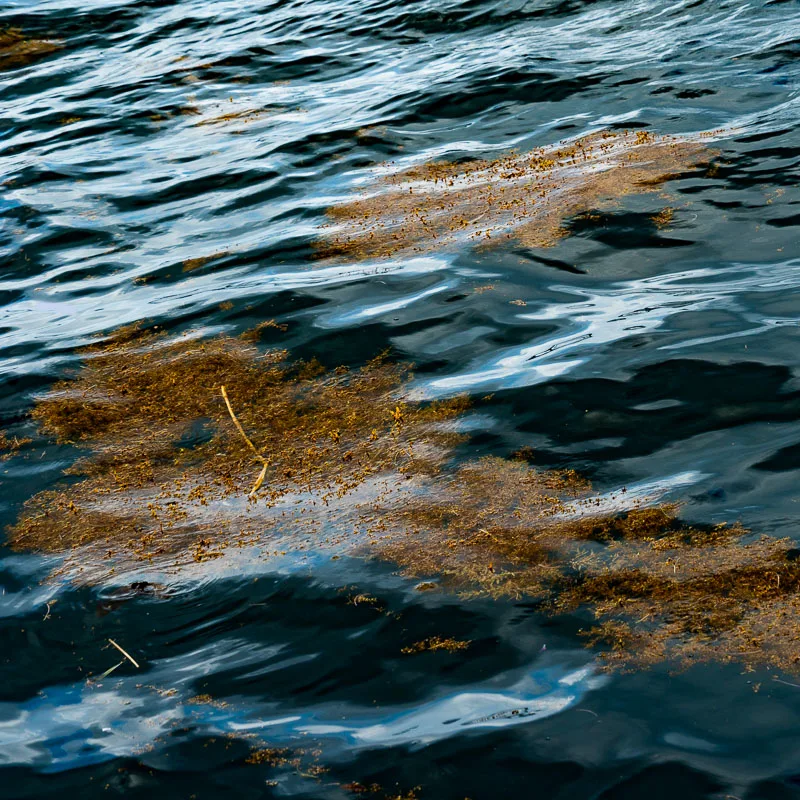
The arrival of the additional ships that were promised would likely significantly help address the problem and that is what hotels are asking for. When the hotels are full and the tourists are happy everybody wins, and while the battle against sargassum is far from being over, more action is needed to at least limit the problem as much as possible.
Plan Your Next Cancun Vacation:
Traveler Alert: Don’t Forget Travel Insurance For Your Next Trip!
Choose From Thousands of Cancun and Riviera Maya Hotels, Resorts and Hostels with Free Cancellation On Most Properties
↓ Join the community ↓
The Cancun Sun Community FB group has all the latest travel news, conversations and tourism Q&A’s for the Mexican Caribbean

Subscribe to our Latest Posts
Enter your email address to subscribe to The Cancun Sun’s latest breaking news affecting travelers, straight to your inbox.
